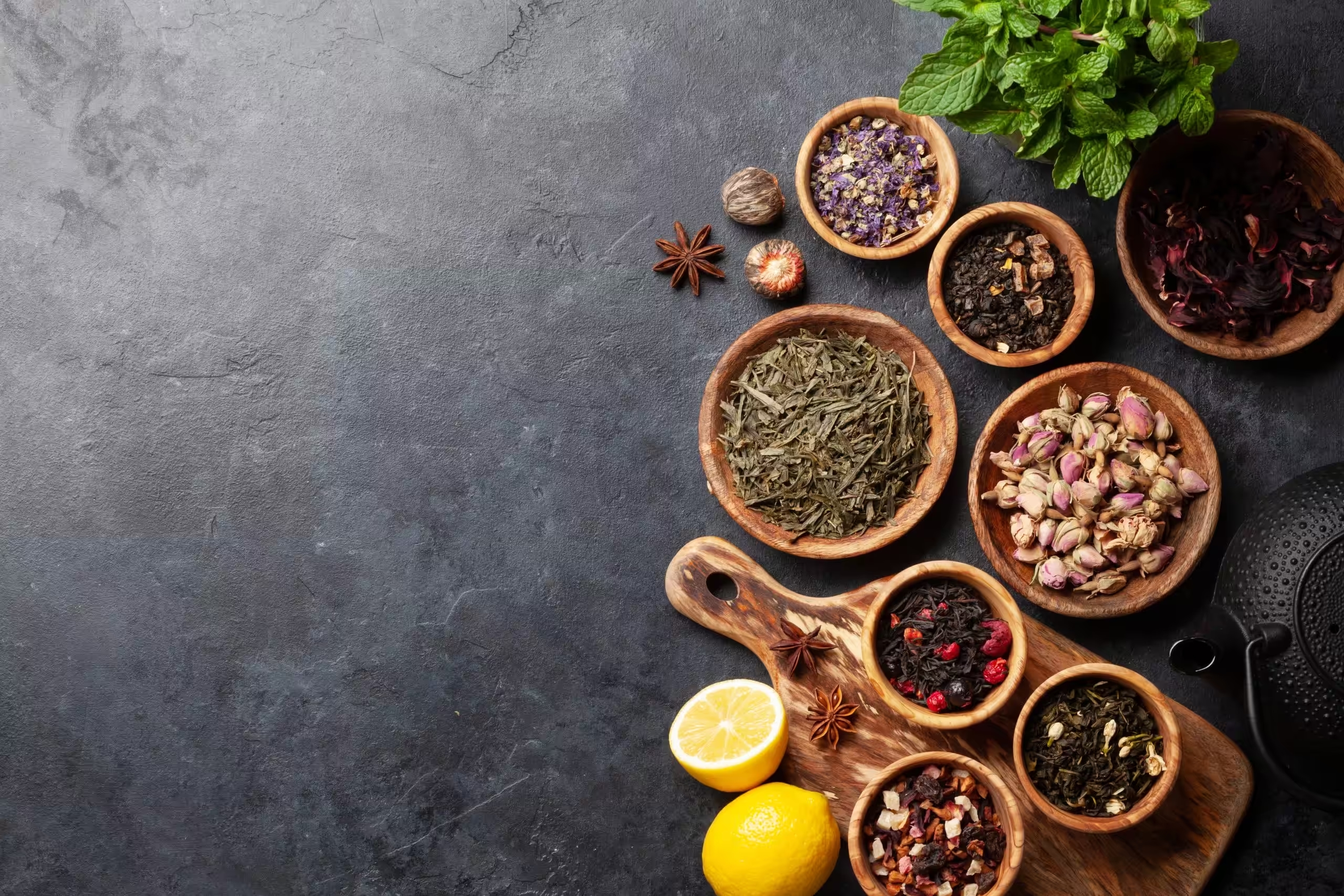(646) 760-6627

Nurturing Your Gut: Natural Ways to Support and Boost Healthy Gut Bacteria
The health of your gut is intricately connected to your overall well-being, and a crucial aspect of gut health is maintaining a balanced and thriving community of gut bacteria. These microorganisms play a vital role in digestion, nutrient absorption, immune function, and even mental health.
While factors like diet, lifestyle, and stress can influence the composition of gut bacteria, there are natural ways to support and boost these beneficial microbes. In this article, we will explore various strategies and practices that contribute to a healthy gut microbiome through naturopathic digestive health, fostering optimal digestive function and overall wellness.
- Dietary Strategies
a. Fiber-Rich Foods: Incorporating a variety of fiber-rich foods into your diet is one of the most effective ways to support gut health. Fiber serves as a prebiotic. A substance that nourishes and promotes the growth of beneficial gut bacteria. Whole grains, fruits, vegetables, legumes, and nuts are excellent sources of dietary fiber.b. Fermented Foods: Fermented foods are rich in probiotics, which are live beneficial bacteria. Including fermented foods in your diet introduces these friendly microbes into your gut. Examples of fermented foods include yogurt, kefir, sauerkraut, kimchi, miso, and kombucha. These foods not only provide probiotics but also offer a spectrum of flavors to enhance your meals.c. Polyphenol-Rich Foods: Polyphenols are plant compounds found in foods like berries, dark chocolate, green tea, and red wine. These compounds have antioxidant properties and may contribute to a diverse and healthy gut microbiome. Including a variety of polyphenol-rich foods in your diet supports the growth of beneficial bacteria.
- Probiotic Supplements
While obtaining probiotics from food sources is beneficial, some individuals may consider probiotic supplements to ensure an adequate intake of these beneficial microorganisms. Probiotic supplements come in various strains, so it’s essential to choose one that aligns with your specific needs or health goals. Consulting with a healthcare professional can help determine the most suitable probiotic for your individual requirements.
- Prebiotic Foods
Prebiotics are substances that nourish and stimulate the growth of beneficial bacteria in the gut. Foods rich in prebiotics include garlic, onions, leeks, asparagus, bananas, and artichokes. By incorporating these prebiotic-rich foods into your diet, you provide essential fuel for the growth and maintenance of a healthy gut microbiome.
- Avoiding Artificial Sweeteners
Some studies suggest that certain artificial sweeteners may adversely affect the composition of gut bacteria. For example, saccharin, sucralose, and aspartame have been associated with alterations in the gut microbiome. Opting for natural sweeteners like honey or maple syrup and reducing the consumption of artificial sweeteners may positively impact gut health.
- Hydration
Staying well-hydrated is crucial for overall health, and it also benefits the gut. Water helps in the transportation of nutrients, supports digestion, and aids in the maintenance of a healthy gut lining. Aim to drink an adequate amount of water throughout the day to support optimal gut function.
- Physical Activity
Regular physical activity contributes to a healthy gut microbiome. Exercise has been shown to positively influence the diversity and abundance of gut bacteria. Whether it’s brisk walking, jogging, cycling, or engaging in other forms of physical activity, incorporating regular exercise into your routine supports overall gut health.
- Reducing Stress
Chronic stress can have detrimental effects on gut health. The gut-brain axis, which is the bidirectional communication between the gut and the brain, means that stress can influence digestive processes. Practices such as meditation, deep breathing exercises, and mindfulness can help manage stress levels, positively impacting gut health.
- Adequate Sleep
Quality sleep is essential for overall well-being, and it also plays a role in supporting a healthy gut. Lack of sleep or poor sleep quality has been linked to changes in gut microbiota composition. Establishing good sleep hygiene practices and prioritizing adequate sleep duration contribute to a balanced and thriving gut microbiome.
- Limiting Antibiotic Use
Antibiotics are essential for treating bacterial infections, but they can also disrupt the balance of gut bacteria. If prescribed antibiotics, it’s crucial to follow the recommended course and, if possible, discuss with your healthcare provider strategies to support gut health during and after antibiotic treatment. Probiotic supplementation may be considered in some cases.
- Mindful Eating Practices
Mindful eating involves paying attention to the sensory experience of eating, being aware of hunger and fullness cues, and savoring each bite. Practicing mindful eating supports healthy digestion and may positively influence gut health by promoting a relaxed and efficient digestive process.
Embrace Natural Strategies to Support Your Gut Bacteria
Nurturing your gut involves adopting a holistic approach that encompasses various aspects of lifestyle and dietary choices. From incorporating fiber-rich and fermented foods to managing stress and staying physically active, the practices outlined in this article contribute to a thriving and balanced gut microbiome.
Remember that individual responses may vary, and consulting with healthcare professionals, including registered dietitians and gastroenterologists, can provide personalized guidance based on your specific needs and health goals. By embracing natural strategies to support gut bacteria
For more information or a consultation, contact Dr. Maura today.

